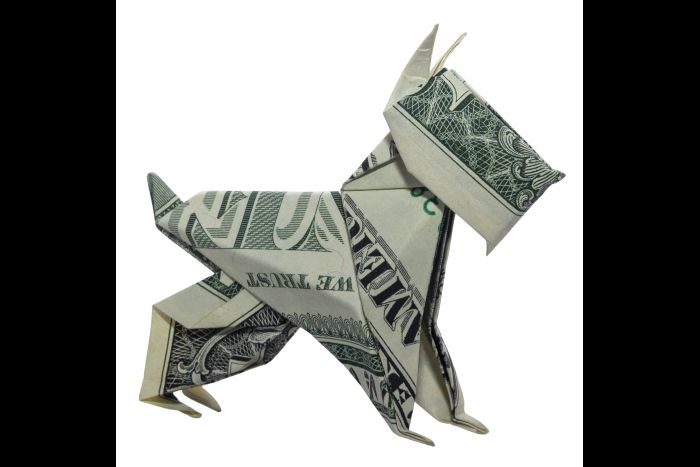Although challenged by supply chain issues, Purina PetCare was the largest contributor to Nestle’s organic growth in 2022, adding a third year to a streak of double-digit growth. That success may have contributed to the company’s pet food supply constraints, said one executive during Nestle’s full year results conference call on Feb. 14.
Purina’s sales in fiscal year 2022 reached US$19.385 billion (CHF18,101 million) up from US$16.659 billion (CHF15,556 million) in FY21. Purina Petcare organic growth was 14.5% in FY22 with Pro Plan, Purina ONE and Fancy Feast leading.
“PetCare does stand out as the one category that delivered over and above. No question about it,“ Mark Schneider, chief executive officer of Nestlé, said in a press release.
“PetCare posted its third consecutive year of double-digit growth despite supply constraints, with mid single-digit RIG,” François Xavier Roger, Nestlé’s chief financial officer, said. “Science-based, premium and veterinary products saw strong sales developments. Growth was also supported by pricing, continued e-commerce momentum and innovation…It is worth calling out that PetCare also saw a significant margin improvement in the second half.”
Purina PetCare performance by region
Purina PetCare was a strong growth driver for company’s European division, fueled by premium brands Gourmet, Felix and Purina Pro Plan. Lily’s Kitchen and Tails.com both grow by more than 20%. Growth was strong across all channels, particularly in e-commerce and pet specialty stores.
In Nestle’s Asia, Oceania and Africa region, Purina PetCare posted high single-digit growth, supported by new product launches.
In Latin America, Purina gained market share with strong double-digit growth. Mexico saw strong sales developments for Purina PetCare. Nestle’s pet division was also one of the sales leaders in Chile.
In China, Purina PetCare sales grew at a double-digit rate, with strong growth in specialty channels and e-commerce.
Purina PetCare addresses supply issues
In response to a question from an attendee of Nestle’s sales call, Schneider discussed how supply issues challenged the company and how it had responded by adding capacity.
“If we are citing supply chain constraints, maybe a tad more often than some of our peers, I think it is due to the fact that we have such a large and successful Pet food business…,” he said. “We were even close to capacity limits before COVID and had started to greenlight some of the capacity enhancement programs, then came COVID and that huge surge in pet adoption and demand, and this is something that no one had on the radar screen. As you can imagine, especially when it comes to greenfield sites, these things do take some time for planning and permitting and then putting the capacity into the ground and getting them up and running. So, we expect that to come on stream, depending on what geography you look, at in ’23 and ’24. But clearly, yes, it did take some time. I think Pet food, and Pet food North America in particular, were pretty much hit by this, and we expect that now to ease over the next 1 to 2 years. I’m not so concerned about the eventual overcapacity because we’ve done, as you can imagine, on major capex items here, we’ve done lots of projections about how things could turn out. And even if there is a little bit of overcapacity temporarily, it was very clear that with the underlying growth, which is so much intact, you will very quickly grow into it. So, I think going back several years, we’re probably getting a little bit too close to our capacity limit. COVID struck and put us into this situation. As regrettable as it is that we can’t supply, it’s also a nice problem to have because clearly those projects, into existing demand, are very, very certain projects. And it’s all about now getting them implemented and getting them up and running.”
